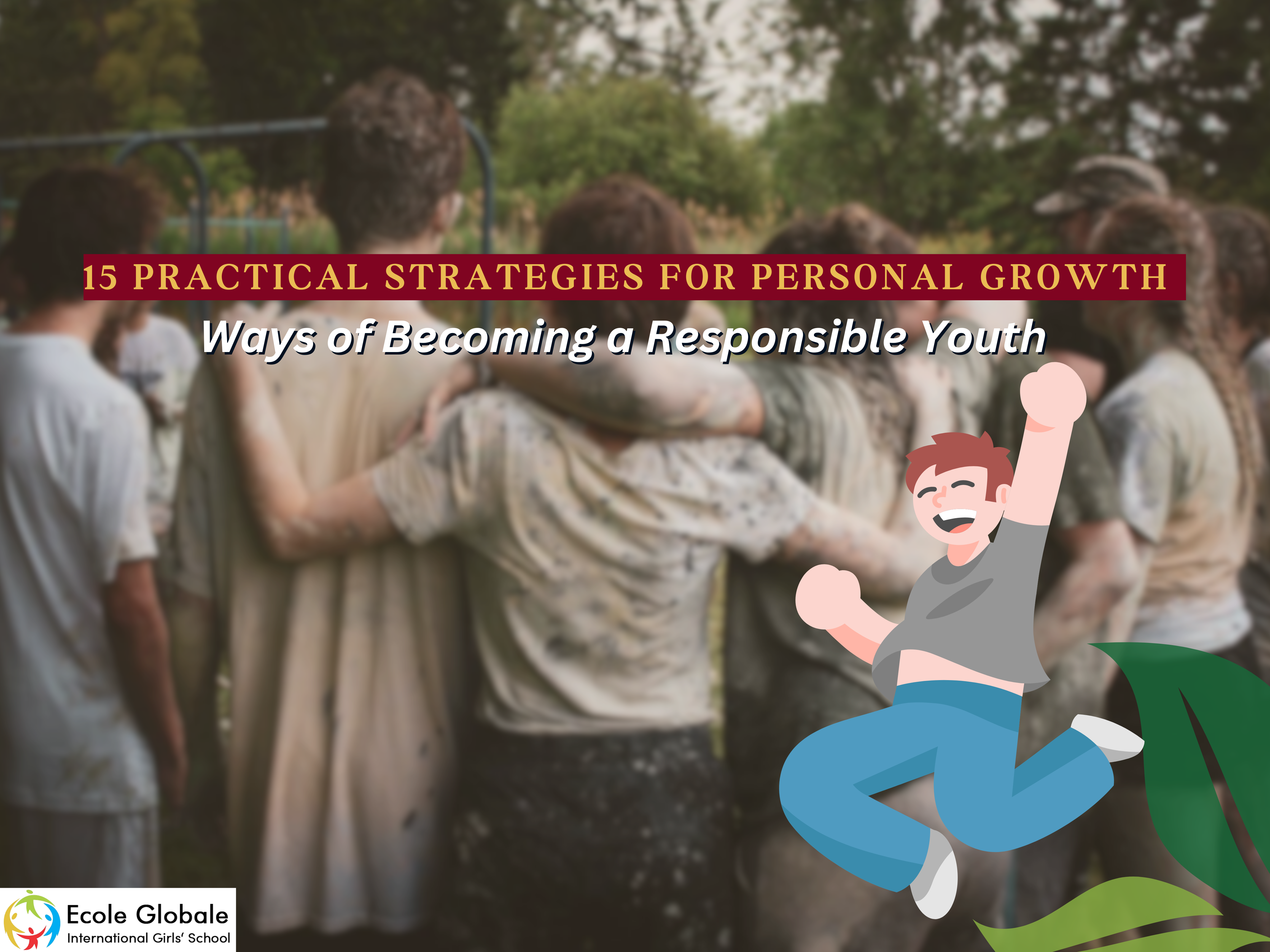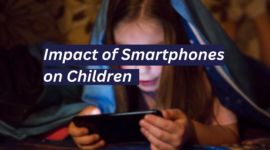As young individuals transition into adulthood, learning to become responsible youth plays a pivotal role in personal and societal development. Being a responsible youth is not just about following rules but about developing essential life skills, embracing accountability, and contributing positively to the community.
1. Developing Emotional Intelligence
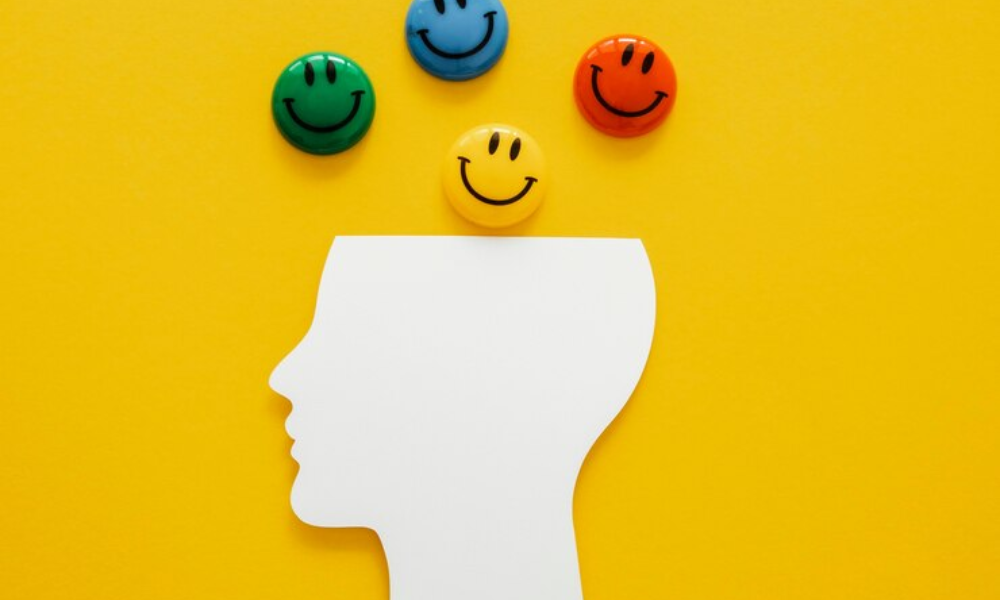
Emotional intelligence is the ability to understand and manage one’s emotions while empathizing with others. It is crucial for personal and social success.
Self-Awareness and Self-Regulation
Understanding your emotions and reactions is key to emotional intelligence. Practicing self-control, particularly in stressful situations, helps you respond thoughtfully and maintain balance.
Empathy and Effective Communication
2. Setting SMART Goals and Planning
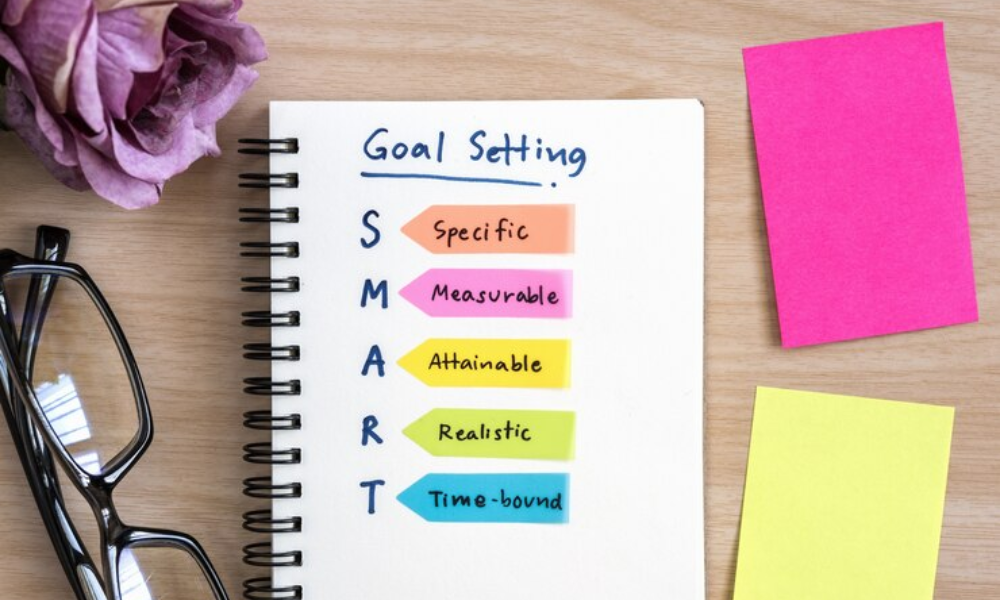
Goal-setting is a vital aspect of personal growth. By creating structured, achievable goals, young people can make steady progress in life.
Importance of Goal-Setting
Goal-setting is a fundamental step in achieving success, as it provides clarity and direction. Setting SMART goals—those that are Specific, Measurable, Achievable, Relevant, and Time-bound—ensures that your objectives are well-defined and realistic.
Creating a Plan and Prioritizing Tasks
Creating a plan and prioritizing tasks is essential for effective goal achievement. Breaking down larger goals into manageable tasks makes them less overwhelming and more actionable.
3. Time Management and Prioritization

Mastering time management helps young people balance education, personal life, and responsibilities effectively.
Effective Time Management Strategies
Prioritizing Tasks and Avoiding Procrastination
4. Building Strong Relationships
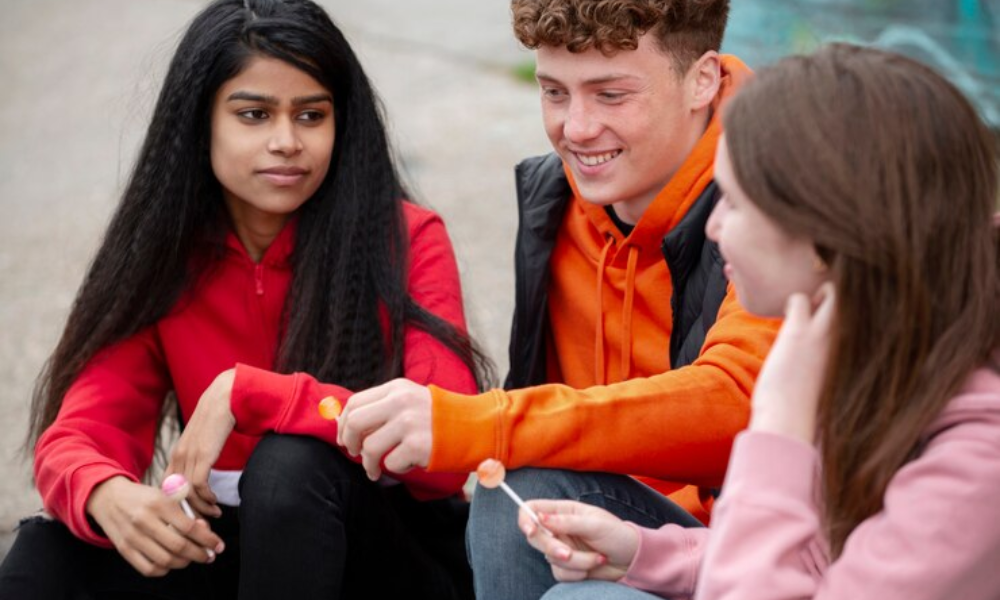
Healthy relationships provide emotional support and personal growth. Learning to build and maintain them is key to responsible youth.
Importance of Healthy Relationships
Healthy relationships are essential for well-being. Surrounding yourself with supportive people and investing time in meaningful friendships creates a positive and encouraging environment.
Communication and Conflict Resolution
5. Cultivating Moral Values and Character

Strong personal values guide responsible youth behavior and ethical decision-making.
Defining Personal Values
Defining personal values involves identifying the principles that matter most to you. Aligning your actions with these values helps you live a life of integrity and purpose.
Developing Integrity and Accountability
6. Taking Responsibility for Actions

Being accountable for your actions is a sign of maturity and responsibility.
Owning Mistakes and Learning from Failures
Making Amends and Taking Corrective Action
Making amends involves offering a sincere apology when needed. Taking corrective action means addressing the issue and implementing steps to prevent similar mistakes in the future.
7. Practicing Self-Care and Wellness

A healthy body and mind are essential for a responsible and fulfilling life.
Physical and Mental Well-Being
Healthy Habits and Stress Management
8. Engaging in Community Service
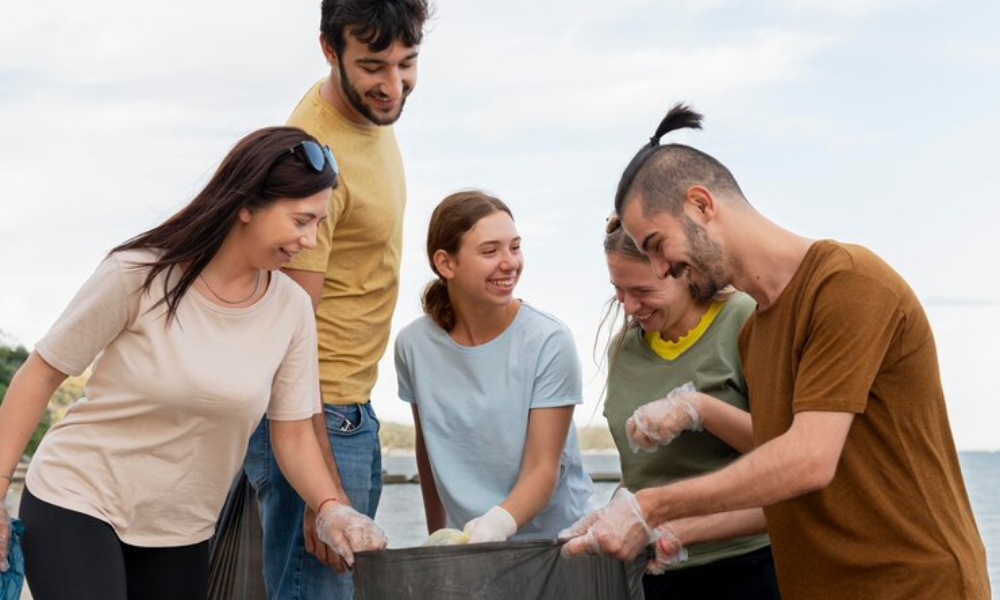
Volunteering offers a chance to give back and learn about social responsibility.
Benefits of Volunteering
Finding Opportunities and Getting Involved
Explore local community service opportunities to get involved and make a difference. Joining school or local clubs that focus on community outreach can also help you connect with like-minded individuals while contributing to meaningful causes.
9. Embracing Leadership Roles

Leadership builds confidence and instills responsibility in youth,that makes responsible youth, fostering personal growth.
Developing Leadership Skills
Taking on leadership roles in clubs or activities allows you to develop important skills. By practicing decision-making, delegation, and motivating others, you can enhance your leadership abilities and make a positive impact on your team.
Taking Initiative and Inspiring Others
10. Managing Finances and Resources

Financial literacy is an important skill for becoming a responsible adult.
Basic Financial Literacy
Budgeting and Saving
11. Staying Educated and Informed

A responsible youth is always learning and staying informed about the world.
Importance of Lifelong Learning
Staying Updated on Current Events
12. Building Resilience and Perseverance

Developing resilience helps young people bounce back from setbacks and continue striving for success.
Overcoming Obstacles and Setbacks
Developing Coping Strategies
Practice problem-solving to effectively navigate challenges and find solutions. Managing stress is also important—healthy outlets like hobbies or talking to mentors can provide support and help maintain emotional balance.
13. Practicing Mindfulness and Self-Reflection

Mindfulness helps individuals stay grounded, while self-reflection encourages growth.
Importance of Mindfulness
Practicing mindfulness helps you stay present and reduce stress. Techniques like meditation can improve focus, clarity, and overall mental well-being.
Reflecting on Experiences and Growth
Conclusion
Becoming a responsible youth is a journey that requires dedication, reflection, and growth. By developing emotional intelligence, setting goals, embracing leadership, and managing responsibilities effectively, young individuals can become valuable contributors to society. Start today with small changes and take ownership of your growth, one step at a time.
Frequently asked question
Q1: What does youth responsibility mean?
A1: Youth responsibility involves being accountable for your actions, making informed choices, developing self-discipline, and contributing positively to the community.
Q2: Why is self-improvement important for youth?
A2: Self-improvement helps youth grow personally and professionally by expanding their knowledge and skills, enhancing their motivation, and achieving their goals.
Q3: How can young people treat others with respect?
A3: By showing kindness and empathy, practicing good manners, and listening actively to others’ perspectives, young people can build strong, positive relationships.
Q4: What are some key life skills responsible youth should develop?
A4: Key life skills include honesty, integrity, effective time management, self-discipline, and resilience, which are crucial for personal growth and success.
Q5: How can youth contribute to their community?
A5: Youth can contribute by volunteering, mentoring peers, advocating for causes, and participating in community activities that support development and well-being.






